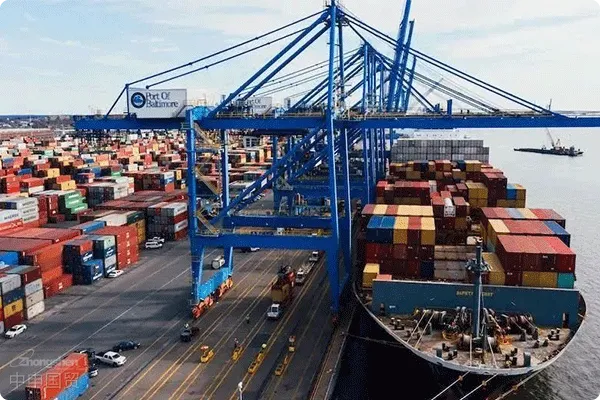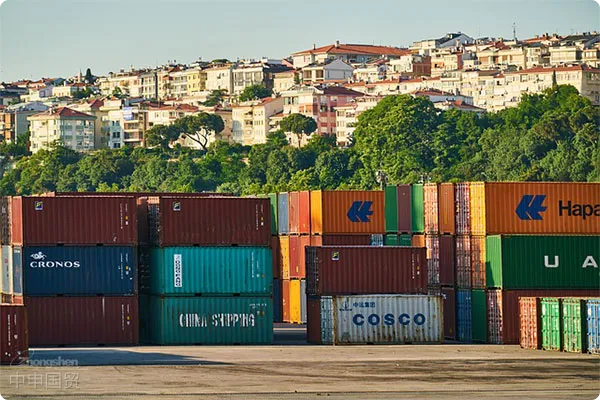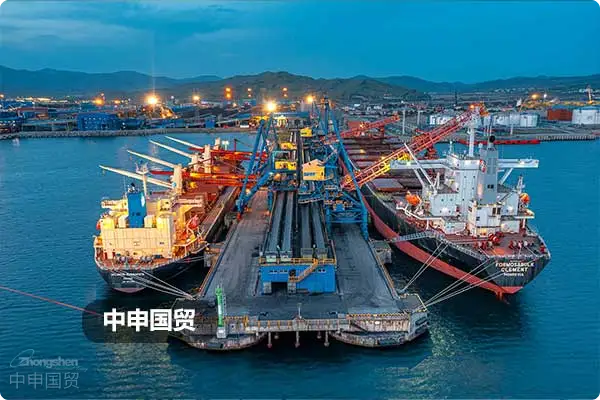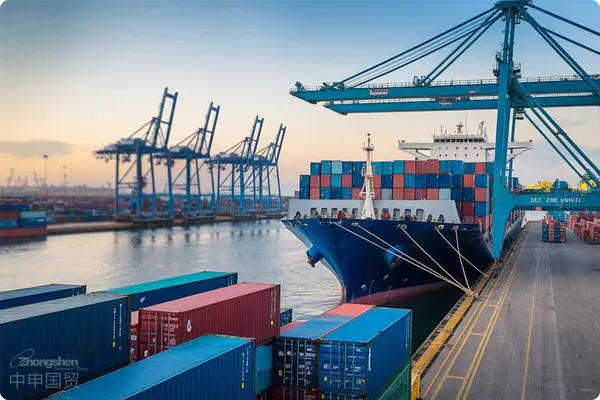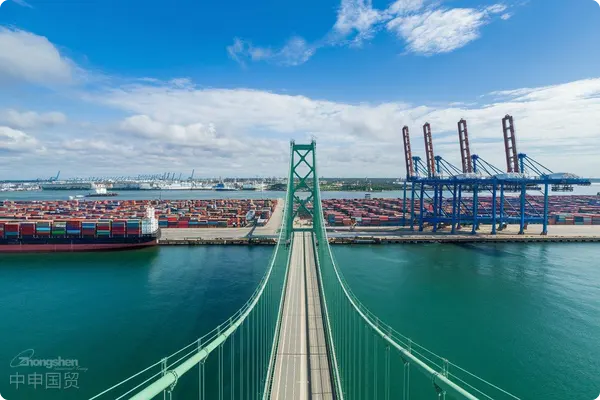- Shanghai Zhongshen International Trade Co., Ltd. - Two decades of trade agency expertise.
- Service Hotline: 139 1787 2118
In theforeign tradeIn business operations, when clients designate freight forwarders but prohibit companies from declaring customs under their own names, this seemingly minor issue actually harbors significant risks. It may not only lead toExport Drawbackfailed declarations but also trigger tax and financial compliance crises. Facing such dilemmas, mastering effective communication, problem resolution, and export process optimization has become essential for every foreign trade enterprise. Below provides analysis and solutions for this issue.

Root Causes
- Freight Forwarder Dominance: When clients designate freight forwarders, the forwarders may force the use of other companies names for customs declaration for operational convenience.
- Discrepancy in Exporting Entities: The declared exporter on the customs form differs from the actual exporting company, preventing the matching of input invoices and completion of export tax rebate applications.
- Tax and Compliance Risks: If corresponding input invoices cannot be obtained, companies must convert the goods to domestic sales and pay an additional 13% VAT, further increasing losses.
Proposed Solutions
Negotiate with the freight forwarder
Key to Direct Resolution: Have the freight forwarder contact the company whose name was used for declaration (i.e., the declared exporter on the customs form) to coordinate the issuance of input invoices.
- Input Invoice Handling: The company named on the customs form issues input invoices for the goods to the actual exporter, ensuring tax compliance for both parties.
- Invoice Amount Negotiation: Based on the goods value and export process specifics, both parties negotiate the invoice amount to protect their respective interests.
This approach can mitigate losses for both parties and is also a relatively efficient solution.
Reorganize export processes
To prevent similar issues from recurring, companies are advised to optimize their export processes:
- Clarify Contract Terms: Stipulate in export contracts with clients that customs declarations must use the companys own name; otherwise, the client bears any additional costs incurred.
- Preferred Freight Forwarder Partnerships: Establish stable partnerships with freight forwarders familiar with business processes and willing to operate under the companys name.
- Client Communication and Education: Explain the importance of tax rebates to clients to gain their support and cooperation.
Convert to domestic sales when necessary
If obtaining corresponding input invoices proves impossible, companies must convert export goods to domestic sales.
- VAT supplementary payment: Pay supplementary VAT at 13% of the goods value.
- Loss reduction: Try to absorb the additional costs of domestic sales through other means, such as internal financial adjustments or renegotiating prices with customers.
Preventive measures
Establish standardized operating procedures
Establish internal export operation standards to ensure strict compliance with relevant regulations for each customs declaration.
- Header confirmation checklist: Create a communication checklist with freight forwarders to clarify the necessity of using company headers.
- Liability division agreement: Sign a clear liability division agreement with freight forwarders to ensure accountability in case of issues.
Strengthen internal financial and tax management
Companies need to ensure theirimport and exportrights are used legally and compliantly while improving tax compliance.
- Tax warning mechanism: Monitor customs declaration and tax refund processes through financial systems to identify issues promptly.
- Train employees: Provide relevant policy and operational training to business and financial personnel to enhance professional capabilities.
Conclusion
In international trade, non-standard freight forwarder operations can pose significant financial and compliance risks. Companies need to reduce the likelihood of such issues through communication, process optimization, and internal management improvements to ensure smooth export tax refunds. International trade is a marathon requiring meticulous management. Only by preparing in advance and responding flexibly can companies remain invincible in the global market.
Related Recommendations
? 2025. All Rights Reserved. Shanghai ICP No. 2023007705-2  PSB Record: Shanghai No.31011502009912
PSB Record: Shanghai No.31011502009912
